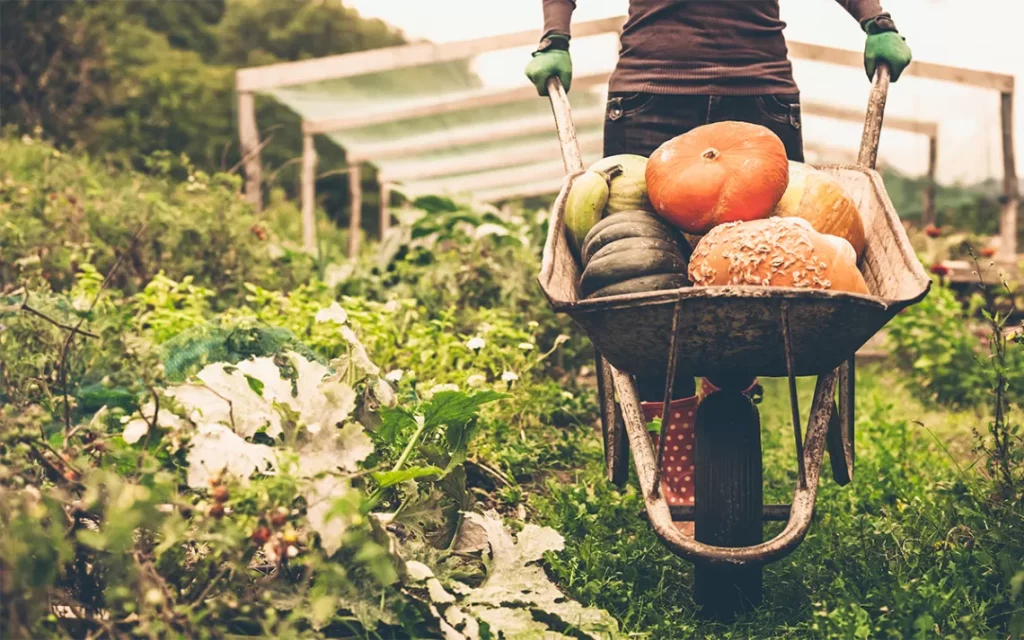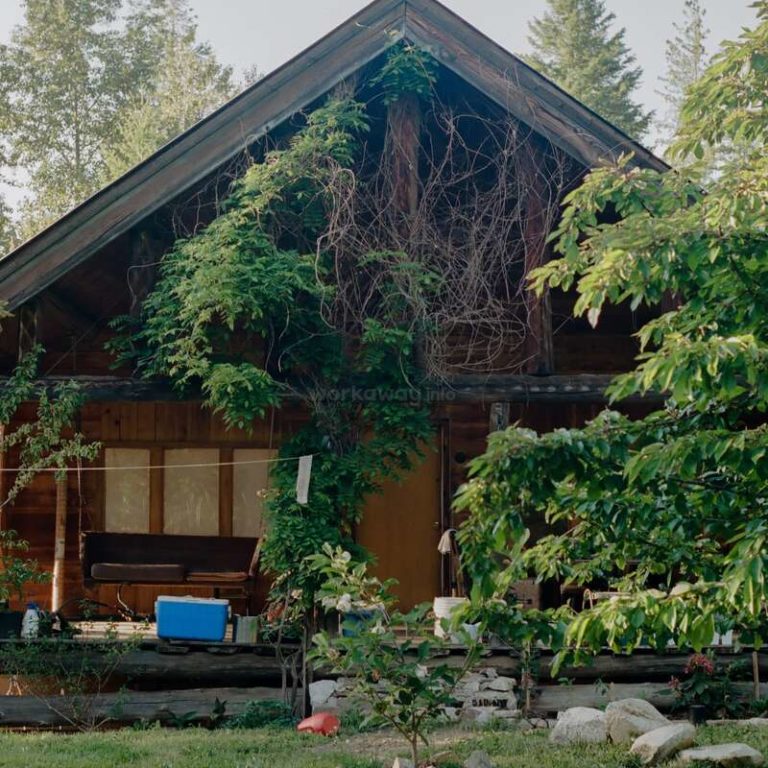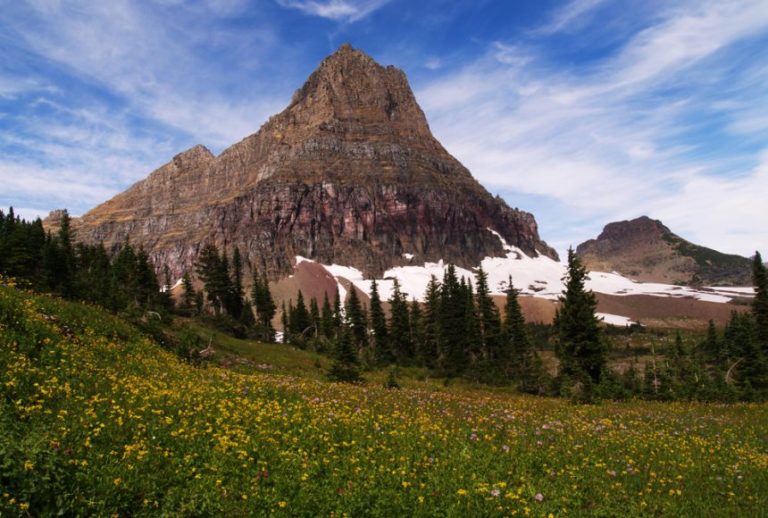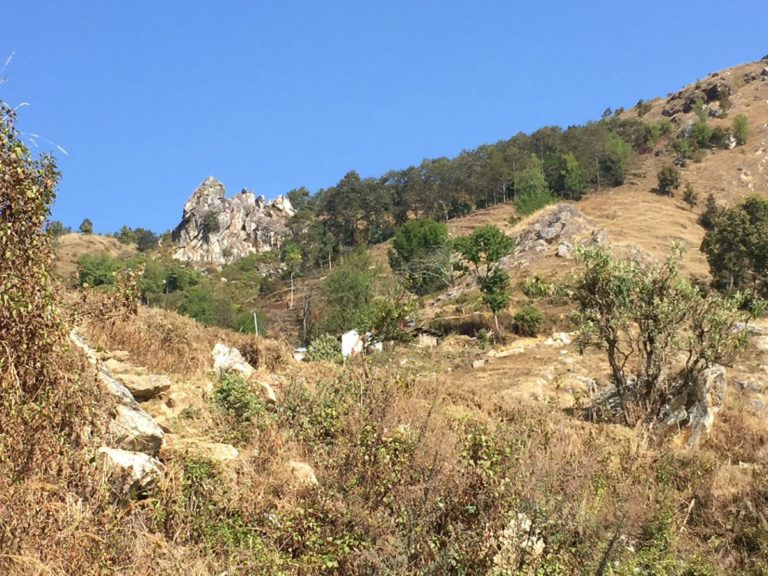Welcome to Lessons from the Land, where we embark on a journey of self-discovery and sustainable living.
As we explore the principles of off-grid simplicity, we’ll unearth valuable insights that transcend the boundaries of our modernized society.
By examining the intricate relationships between nature, community, and personal growth, we can integrate these lessons into our daily lives to cultivate a more purposeful and fulfilling existence.
So join me on this transformative quest as we venture deep into the heart of simplicity and unlock the secrets of a richer, more meaningful life.
Embrace the basics
Off-grid living involves living with only the essentials, without the distractions of modern technology. This can help you focus on what’s truly important in life and what brings you joy and fulfillment.
By stripping away the excesses of modern life, you can focus on what truly matters and find joy and fulfillment in the simple things.
Off-grid living allows you to disconnect from the constant noise of social media, television, and other forms of digital entertainment, and instead connect with the natural world around you.
You’ll have the opportunity to engage in meaningful activities like gardening, cooking, and crafting, which can bring a sense of purpose and satisfaction.
By living with only the essentials, you’ll also learn to appreciate the value of hard work and the beauty of a simpler, more sustainable way of life.
Off-grid living can be a transformative experience, helping you to discover what truly brings you happiness and fulfillment, and allowing you to live a more authentic and intentional life.
Cultivate self-sufficiency
Off-grid living often requires you to be self-sufficient and to find ways to produce or obtain what you need on your own. This can help you develop skills and resources that you might not have otherwise.
Living off the grid can be a challenging but rewarding experience that requires self-sufficiency and resourcefulness.
To survive and thrive without access to public utilities, you’ll need to find ways to produce or obtain what you need on your own.
This might involve growing your own food using sustainable farming practices, harnessing renewable energy sources like solar or wind power, and collecting rainwater for irrigation and household use.
Off-grid living also demands a high degree of creativity and problem-solving, as you’ll need to find innovative solutions to the challenges you encounter.
However, the benefits of off-grid living far outweigh the drawbacks.
Not only will you develop essential skills and resources that you might not have otherwise, but you’ll also be living in harmony with nature and enjoying a greater sense of independence and self-sufficiency.
Off-grid living is a true test of resilience, and those who embrace the challenge will be rewarded with a more fulfilling and sustainable way of life.
Value nature and the environment
Living off the grid often requires you to be more mindful of your impact on the environment, and to find ways to live in harmony with nature. This can help you develop a greater appreciation for the natural world and a sense of responsibility for protecting it.
By relying on renewable energy sources such as solar and wind power, and by implementing sustainable practices such as composting and recycling, you can significantly reduce your carbon footprint and contribute to a more environmentally-friendly lifestyle.
Moreover, living off the grid forces you to be more mindful of your consumption habits and to prioritize essential needs over unnecessary luxuries.
This mindfulness can lead to a greater appreciation for the natural world and a sense of responsibility for protecting it, as you become more aware of the interconnectedness of all living things and the importance of preserving the delicate balance of the ecosystem.
Ultimately, living off the grid can be a transformative experience that encourages you to live in harmony with nature and fosters a sense of stewardship for the planet.
Be prepared for challenges
Living off the grid can be challenging, especially when it comes to things like accessing medical care or dealing with emergencies. Being prepared for these challenges and finding creative solutions can help you develop resilience and resourcefulness.
Without the convenience of modern amenities and infrastructure, living off the grid requires a high level of preparation, resourcefulness, and resilience.
To overcome these challenges, it is essential to have a well-stocked first-aid kit, a reliable means of communication, and a plan in place for emergency situations.
It is important to have a solid understanding of self-sufficient living skills, such as growing and preserving your own food, collecting and purifying water, and generating your own power.
By being prepared and finding creative solutions to these challenges, you can develop the resourcefulness and resilience necessary to thrive in an off-grid lifestyle.
Slow down and appreciate simplicity
Off-grid living can be a slower, more peaceful way of life. By slowing down and appreciating the simple things, you can find more joy and fulfillment in your life.
Living off the grid can be a transformative experience that allows you to slow down and appreciate the simple things in life.
By embracing a more self-sufficient lifestyle, you can free yourself from the burdens of modern society and find more joy and fulfillment in your daily life.
For instance, by growing your own food and collecting your own water, you can develop a deeper connection with nature and the cycle of life.
This slower pace of life can also help you cultivate a greater sense of patience and mindfulness, as you learn to appreciate the beauty of the present moment.
Living off the grid can provide a sense of independence and freedom that is hard to find in today’s fast-paced world.
By living self-sufficiently, you can break free from the constraints of society and forge your own path in life.
Overall, off-grid living can be a powerful tool for finding more joy and fulfillment in your life, and can help you create a more meaningful and purposeful existence.
Learn from your community
Living off the grid often means being part of a community of like-minded individuals. By learning from each other and sharing resources, you can build a stronger and more supportive community.
By learning from one another and sharing resources, you can establish a stronger and more supportive community that benefits both the environment and its members.
For instance, you can trade goods and services, share knowledge and expertise, and cooperate to overcome challenges.
This collective effort can help you become more resilient and self-sufficient while lowering your carbon footprint and reliance on external systems.
Also, it can help develop a feeling of camaraderie and belonging, making the transition to an off-grid lifestyle more enjoyable and fulfilling.
Therefore, connecting with like-minded people and developing a supportive community is important to successfully living off the grid.
Take responsibility for your own life
Off-grid living often requires you to be more self-sufficient and to take responsibility for your own life. This can help you develop a greater sense of ownership and agency over your life.
Off-grid living can be a transformative experience that fosters self-sufficiency and personal agency.
By living without the support of public utilities and infrastructure, individuals are forced to rely on their own resources and ingenuity to meet their basic needs.
This can involve growing and preserving one’s own food, generating energy through renewable sources, and maintaining one’s own water supply.
As a result, off-grid living can help individuals develop a greater sense of ownership and agency over their lives.
When we are dependent on external systems and infrastructure, it can be easy to feel powerless and disconnected from the things that matter most to us.
But off-grid living reverses this trend by requiring individuals to take an active role in their own sustenance and well-being.
By doing so, individuals can develop a greater sense of purpose, fulfillment, and autonomy, as they are able to shape their own lives in accordance with their own values and priorities.
Moreover, the physical and practical challenges of off-grid living can help individuals develop valuable skills and resilience.
For example, learning to garden, cook from scratch, and repair broken equipment can help individuals become more self-sufficient and confident in their abilities.
Living off the grid can foster a greater appreciation for the natural world and the interconnectedness of all living beings.
Overall, off-grid living can be a powerful catalyst for personal growth and transformation, as it encourages individuals to take responsibility for their own lives and to live in harmony with the natural world.
Embrace the unknown
Living off the grid can be unpredictable, and it can be challenging to adapt to new situations. Embracing the unknown and being open to new experiences can help you grow and develop in ways you might not have thought possible.
By embracing the unknown and being open to new experiences, you can develop skills and perspectives that you might not have thought possible.
For example, you may need to learn how to purify water using natural methods, or how to grow your own food using permaculture techniques.
These skills can not only help you survive, but also thrive in your new environment.
Living off the grid can allow you to develop a deeper appreciation for the natural world and the interconnectedness of all living things.
It can also give you a sense of independence and self-reliance that can be empowering and fulfilling.
Overall, embracing the unknown and being open to new experiences can help you grow and develop in ways that will serve you well, both on and off the grid.
Want More? Dive Deeper Here!
Hey there! If you’re the type who loves going down the rabbit hole of information (like we do), you’re in the right spot. We’ve pulled together some cool reads and resources that dive a bit deeper into the stuff we chat about on our site. Whether you’re just killing time or super into the topic, these picks might just be what you’re looking for. Happy reading!






